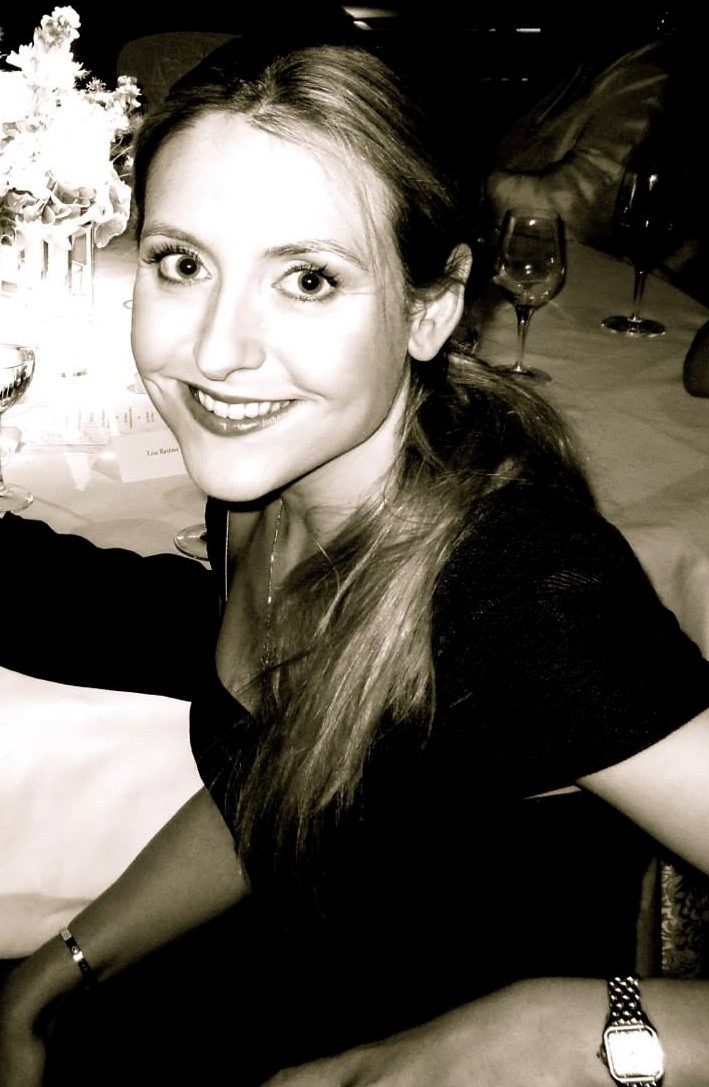
Shakespeare’s shortest play is often dismissed as one of his more frivolous offerings, and the premise – two sets of twins (masters and servants Antipholus and Dromio of Syracuse and Antipholus and Dromio of Ephesus) mistaken for their brothers and the ensuing commotion and attendant hilarious consequences – is decidedly dubious.
The Comedy of Errors can nevertheless be tremendous fun, and that is certainly the case with Globe Associate Artistic Director Sean Holmes’ vibrant, fast-paced production, which rattles through the convoluted plot at a breakneck pace, relying on momentum and slapstick set pieces to carry the audience along, with no interval.
In this traditional interpretation, Holmes persuasively reimagines the production that audiences 400 years ago might have experienced, dressing the cast in Elizabethan garb.
There is, however, an added edge and Holmes introduces a stark visual reality to the somber opening in which Paul Rider’s Egeon -who is pulled through the pit on a boat with wheels – faces a death sentence for entering Ephesus. The audience witnesses an executioner decapitate another prisoner onstage before boldly brandishing the severed head.
This brief moment of morbidity is almost immediately undercut by Rhys Rusbatch’s comic delivery as the Duke. Early on, a deftly choreographed boisterous fight scene – involving a pugnacious dagger-wielding nun – erupts between Ephesian citizens, is a rousing and highly entertaining spectacle – the audience bursts into spontaneous applause.
Designer Paul Wills depicts the mercantile city of Ephesus as a dilapidated dockyard, encasing the Globe’s walls in rough wooden planks and extending the stage with a rickety jetty jutting into the yard. Swinging signs are suspended from the galleries, advertising the various businesses mentioned in the text, while a ship’s mast is shoved out over the audience. Adding a more sinister tone to the decor, helmets impaled on rusty spikes are dotted around the auditorium, suggesting the abrupt violence that passes for justice in a state where outsiders are automatically convicted and pardons can be bought with gold.
Characterization is kept to a minimum, with Holmes opting instead to set a more frivolous tone. Scenes that can often feel acutely uncomfortable for contemporary audiences – the frequent physical abuse meted out to servants, or Dromio’s body-shaming diatribe aimed at kitchen porter Luce (Danielle Phillips), for instance, are handled here with such a lightness of touch that they lose much of their sting.
In terms of the casting, Martin Quinn and Sam Swann are a fabulous double act as the Dromios - by turns servile and surly - excelling at making every joke count, and exploiting the bawdy puns with gusto. They also deserve praise for their more sincere scenes too, with Swann particularly strong at toying with the play’s central question about the nature of identity. Daniel Adeosun deserves a mention as the constantly confounded Antipholus of Syracuse who, in his interactions with Swann’s Dromio, can adroitly switch between joviality and violent anger. Of the two noble-born brothers, Adeosun’s Antipholus of Syracuse is the more likeable: a dashing figure who stumbles haplessly from one misadventure to another, his initial boldness gradually giving way to paranoia. Adeosun demonstrates some great comic timing, inflating himself with an aura of cheeky confidence that slips at inopportune moments. By contrast, Caleb Roberts’ capricious Ephesian Antipholus glowers and stamps around a city that seems inexplicably to have turned against him.
The inevitable familial reconciliation is made especially poignant by Anita Reynold’s Abbess, who unknowingly offers sanctuary to her own son. Brittle and severe when she first appears, she softens in an instant when she’s reunited with her family, emanating warmth at the bittersweet reunion with her long-lost children.
Composer Grant Olding provides a slightly haunting, ethereal score. Recorders and medieval wind instruments trill in the moments when an Antipholus questions his sanity, while sharp percussive cracks add visceral impact to each slapstick blow they deliver on stage.
Bursting with ebullient energy, this exuberant exposition of Shakespeare’s most contrived comedy is lucid, uproarious, and unashamedly fun.
The Comedy of Errors
Until 27 October
For tickets, please visit: shakespearesglobe.com

Elisabeth Rushton
Elisabeth has over 15 years of experience as a luxury lifestyle and travel writer, and has visited over 70 countries. She has a particular interest in Japan and the Middle East, having travelled extensively around Saudi Arabia, Oman, Jordan, and the UAE. A keen skier, she has visited over fifty ski resorts around the world, from La Grave to Niseko. She writes about a broad spectrum of subjects...(Read More)










